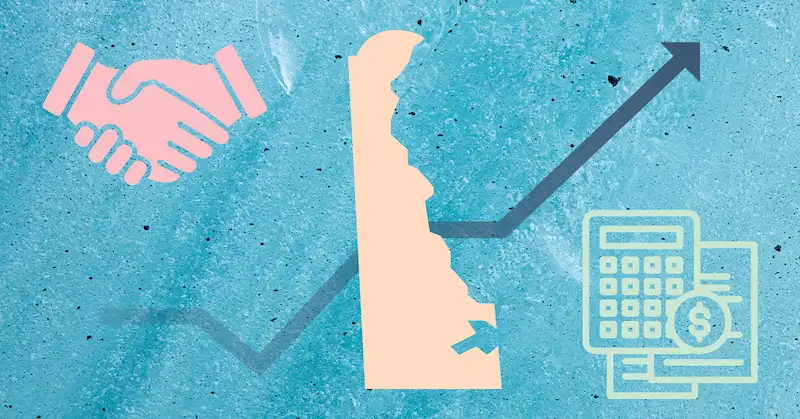
Protests and a pandemic: Facial recognition gets another close-up
Policing vs. COVID-19: Facial recognition tech is in an awkward spot.
Published:
Updated:
Related Articles
-

-
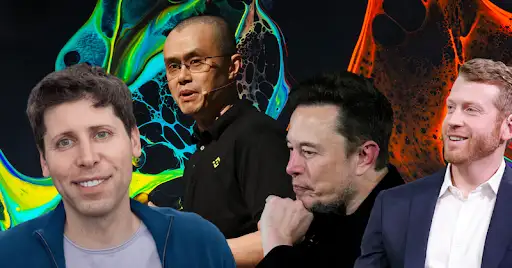
Please chill this long weekend, CEOs
-
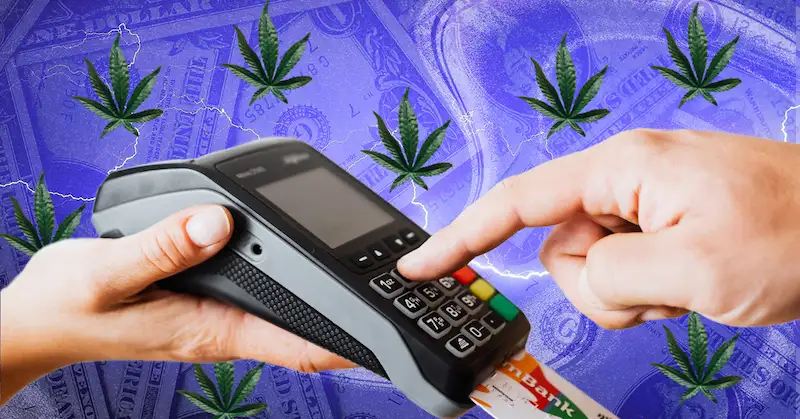
Why you usually can’t buy weed with a credit card… for now
-
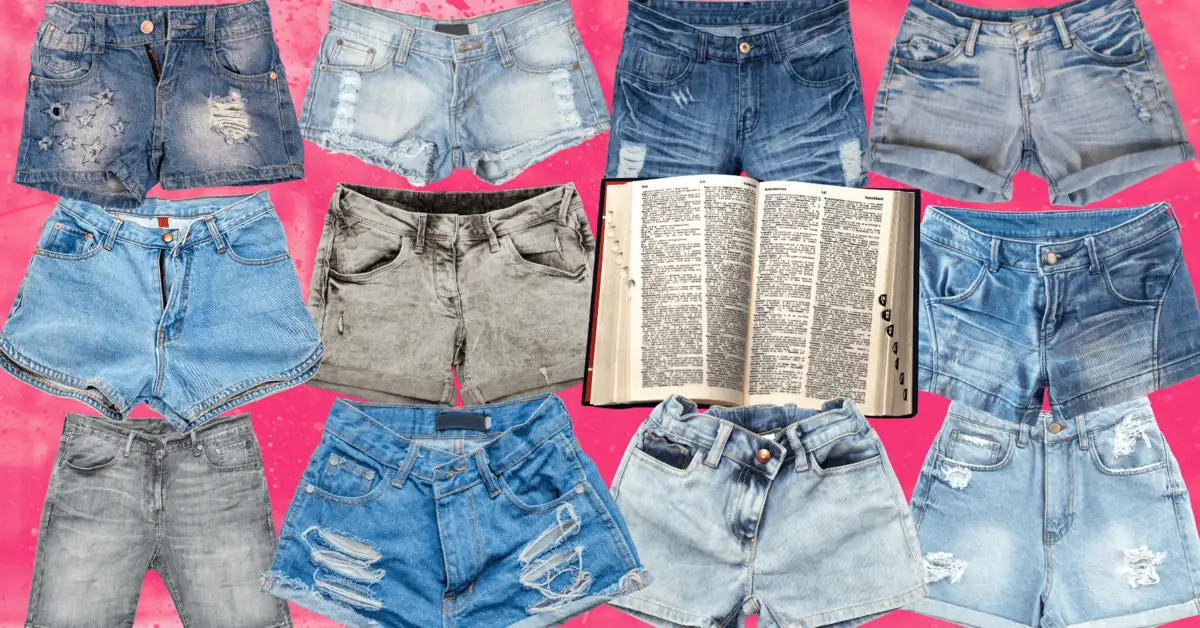
Need help brushing up on the new dictionary?
-
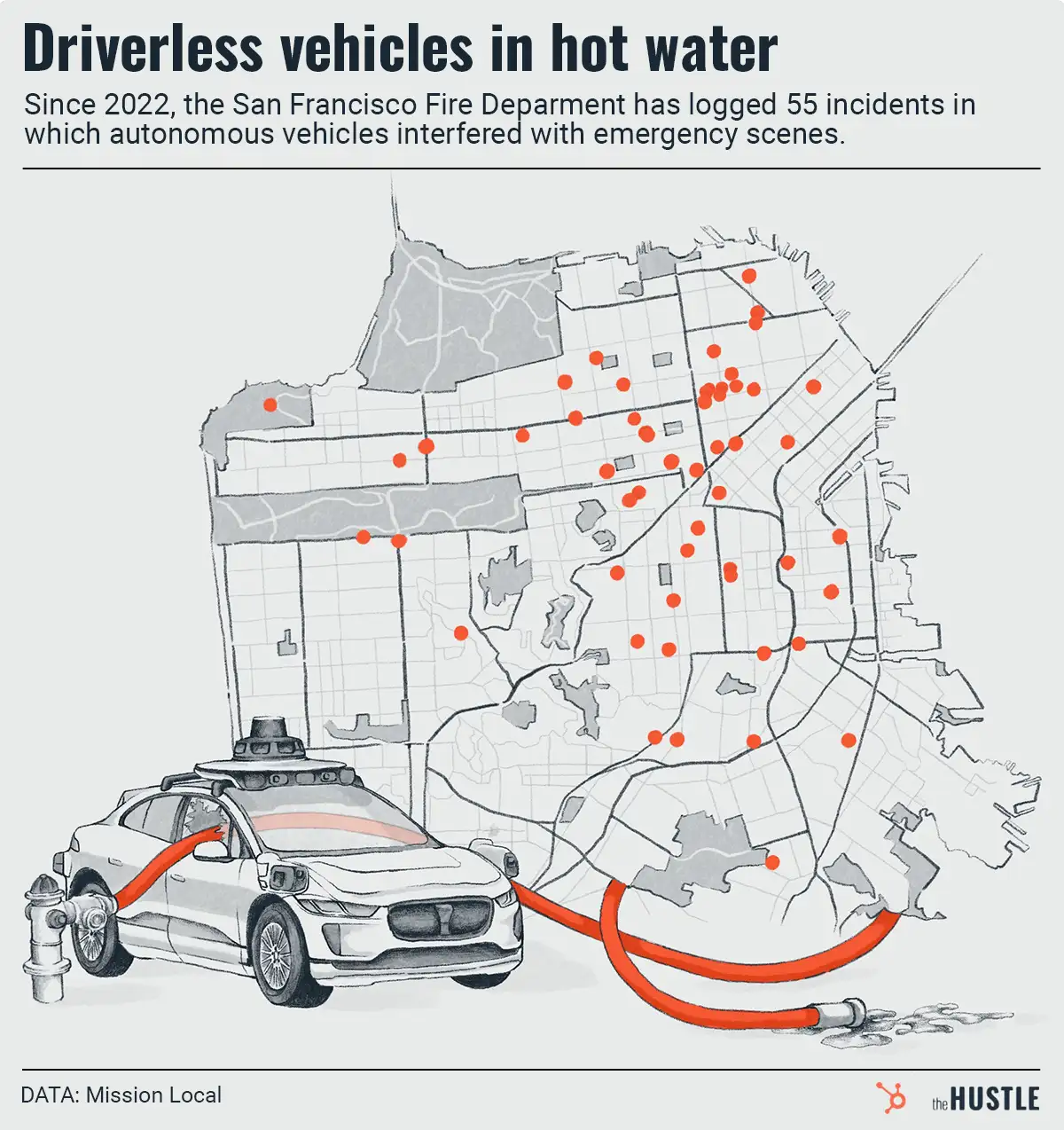
Where there’s smoke, there’s an autonomous vehicle blocking a fire
-
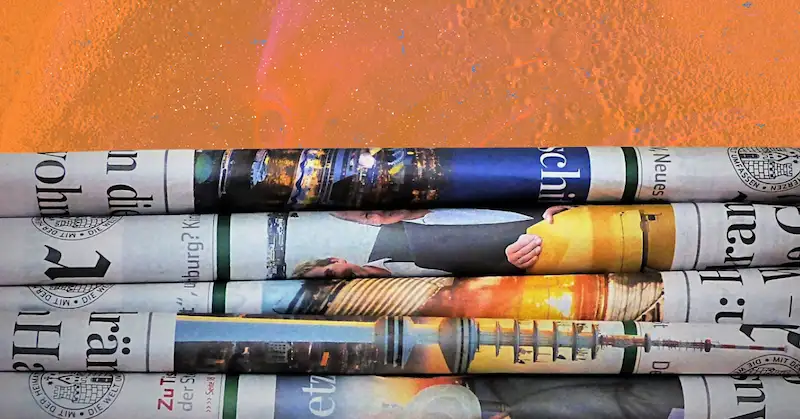
Meta vs. Canada is a long pattern of dismantling news
-
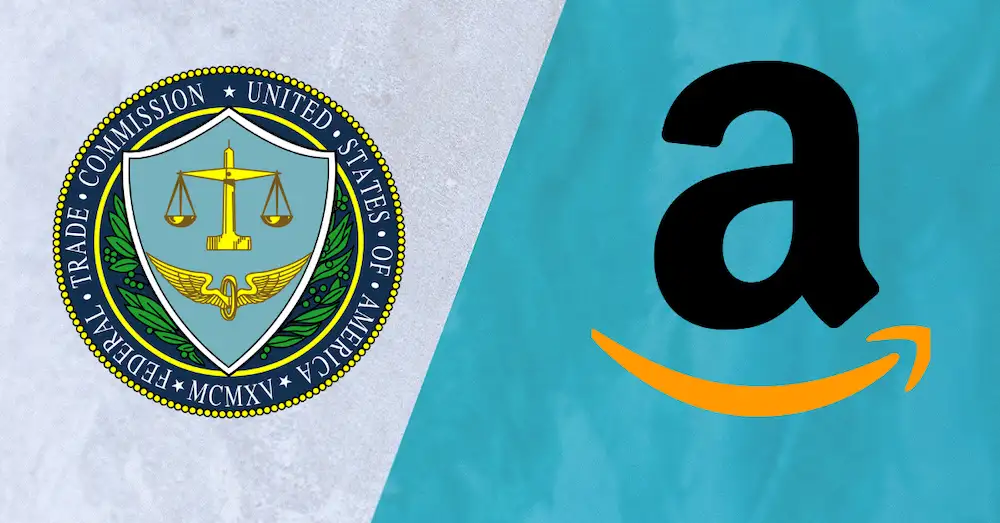
Is the ‘Big One’ about to drop on Amazon?
-
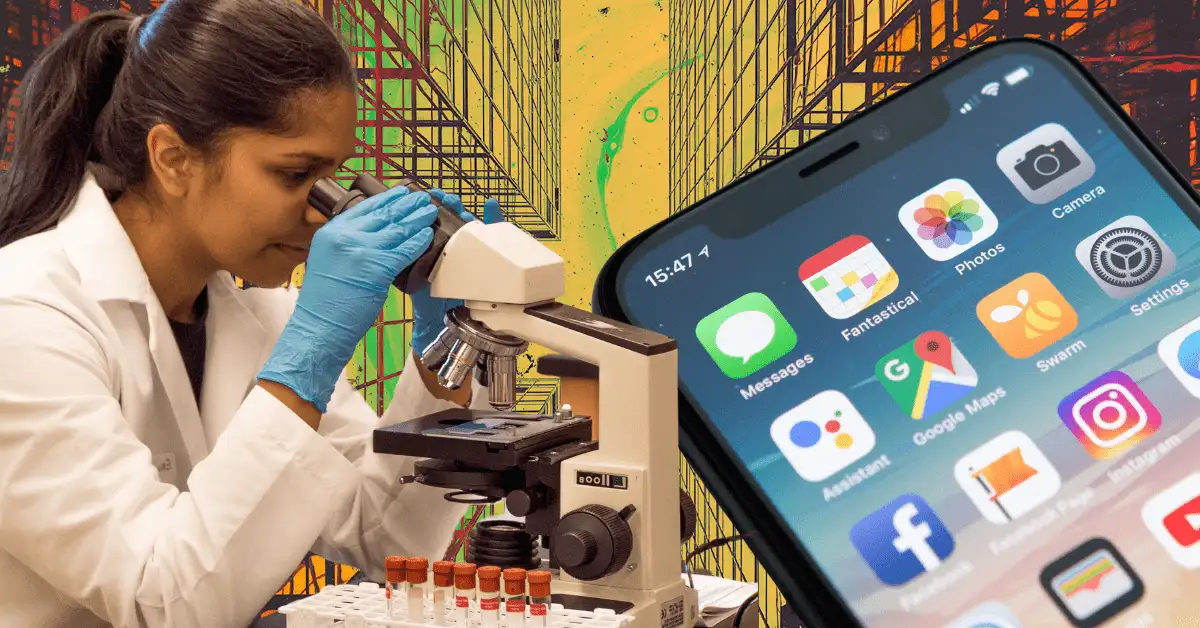
Where business is headed in 2023: Highlights from 3 reports
-
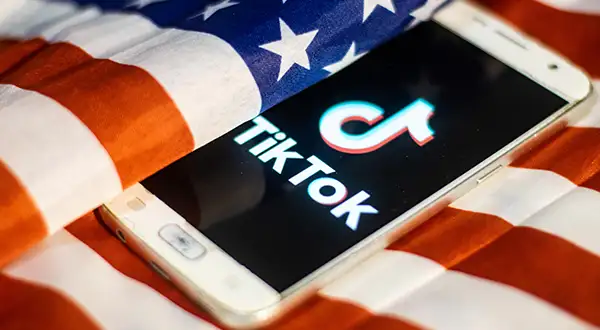
TikTok’s new plan to avoid getting banned in the US
-
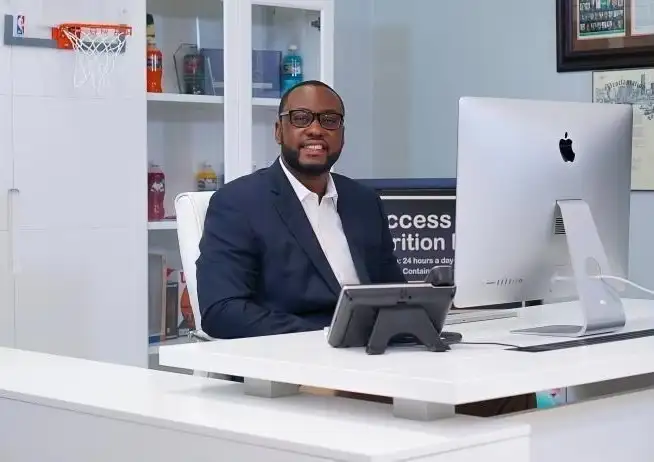
How a soda reseller built a multimillion-dollar empire

